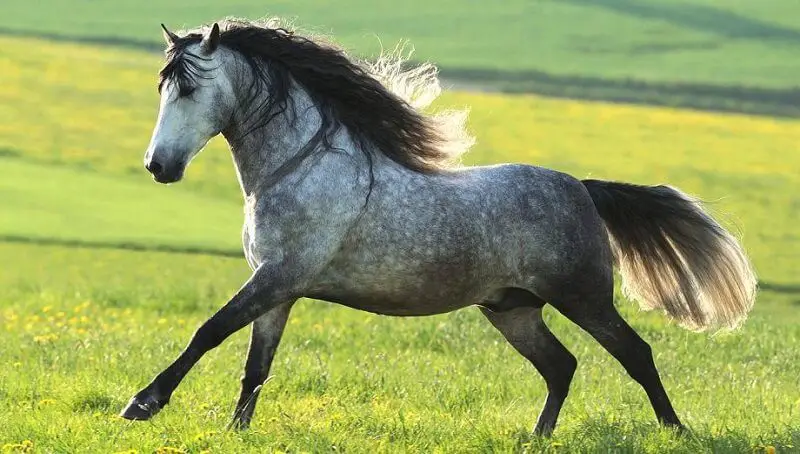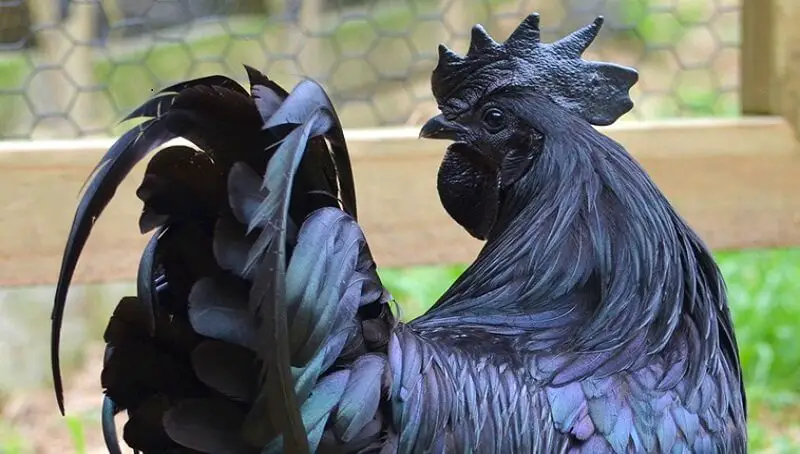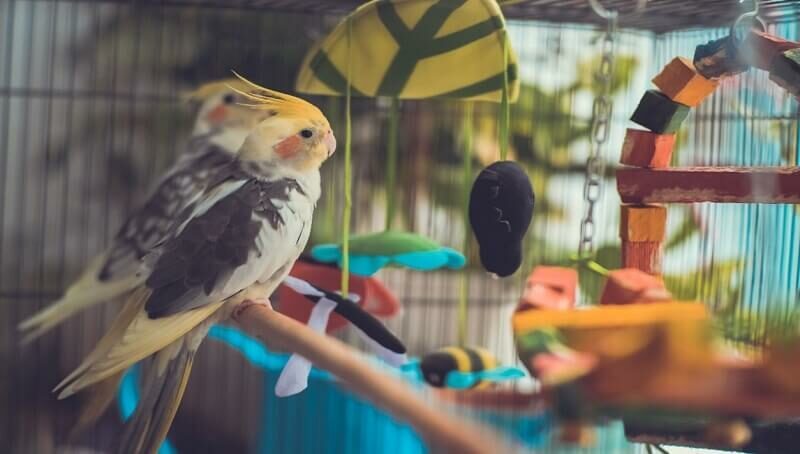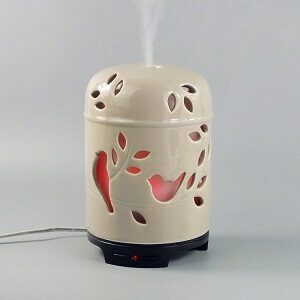
How Long Do Horses Usually Live? How Can You Tell Their Age?
December 21, 2022
Ayam Cemani Breed – Interesting Facts About the Black Chicken
December 23, 2022
Essential oils are becoming increasingly popular as a way to treat everything from relieving anxiety to treating certain health conditions. Traditionally used in aromatherapy, these powerful oils are sometimes considered natural options alternatives to traditional medicine, and people are increasingly using them in their homes for a variety of purposes. But is it okay to expose your pet birds to these oils? The short answer is probably not, but it all depends on the oils you use, how you use them, and most importantly, what your veterinarian has to say about it.
Are essential oils safe for your bird?
You might also like my articles about:
- Can you use bleach to clean animal cages
- How do you know if your pet bird is depressed
- Can you use coconut oil on dogs
Made from highly concentrated vegetable substances, essential oils are believed to have a number of health benefits, and some holistic veterinarians even incorporate essential oils into their treatments. However, the use of essential oils to fight disease and other ailments in animals is relatively new, and there hasn’t been enough research to determine whether they are truly effective in treating our pets.
Therefore, whether you share your living space with a dog, cat, or bird, there are always precautions that should be taken. For birds, in particular, you will want to be sure that you will always consult a veterinarian, as you should always be cautious when using any form of essential oils around your feathered friend.
The dangers of essential oils in birds
Many essential oils are volatile compounds, and therefore can prove potentially toxic to birds at certain concentrations, because what is safe for humans is not necessarily safe for pets. This happens especially when oils remain in their original 100% concentration form.
The problem is that many users of essential oils rely on diffusers and heaters to release the oils into the air in their homes, making it impossible to completely eliminate the risks to your bird or other pets. Birds can be particularly sensitive animals, so owners should always be extremely cautious when using essential oils.
If you use essential oils carefully and properly, such as diluting them, always making sure they don’t come in contact with the bird’s eyes, and you have clear instructions from your veterinarian, you don’t necessarily have to completely avoid oils in your home.
Some bird owners might even consider using essential oils for both cage cleaning and air freshening. Anyone who has a bird knows that caring for these pets can sometimes be a smelly job, and essential oils seem to offer a more natural alternative to commercial synthetic chemical cleaners, like perfumes. Rinsing everything you clean with essential oils is a must to make sure your bird cannot consume it accidentally or take the oil on the feathers.
Take caution!
Bird owners should keep in mind that there are some essential oils that are never safe for their birds, or for most animals in general, such as tea tree oil, as they proved to be very toxic to small animals. Be sure to get a list of toxic and non-toxic oils from your veterinarian or a specialist to make sure you do not accidentally poison your animals.
While some people ingest essential oils for their healing properties, it’s usually not a good idea to add oils to the bird’s water or diet. The oils may not mix properly and remain too concentrated and this can harm, even poison, your pet.
Similarly, while you may be applying essential oils to your own skin, you never want to apply essential oils to a bird unless you have strict guidelines from your veterinarian, which will probably never happen. Applying essential oils to your birds’ feathers will make the feathers heavy and most likely cause stress to the pet.
How to safely use essential oils around your bird?
As long as you have permission from your veterinarian, there are several confirmed ways to safely use non-toxic essential oils, easily, without harming your birds.
Diffuser
 A common way to use essential oils around the bird is with a cold air diffuser. Geranium, lavender, and lemon oils are generally considered safer options but ask first your current veterinarian before using them.
A common way to use essential oils around the bird is with a cold air diffuser. Geranium, lavender, and lemon oils are generally considered safer options but ask first your current veterinarian before using them.
Diffusing can add the potentially healing molecules of essential oils to the air, allowing you and your bird to inhale them and be absorbed into the bloodstream. This method of using essential oils can help reduce stress and anxiety in your bird. The anxiety may appear when you get a new bird, and the diffuser with essential oil may help it to get used to an unfamiliar environment.
It also has the ability to remove harmful bacteria and mold from the air. However, it is crucial to use three to four drops of oil for less than an hour and never diffuse oils in a small, closed room without ventilation, windows, or air circulation.
Spraying
Another common use of essential oils is spraying, which can help refresh the room where is the bird’s cage. While conventional fresheners may contain harsh ingredients, a spray of DIY essential oil can be made from a bird-friendly essential oil, water, or flower hydrosol such as lavender hydrosol and rubbing alcohol into a fine mist spray bottle. A few sprays around the room will matter a lot. Simply make sure you spray away from your bird, and always avoid the eyes.
Final words!
Keep in mind that all essential oils are potentially toxic and lethal to birds, due to the size of these animals and their sensitive respiratory system. In case you notice side effects like spasms, and respiratory failure contact your current veterinarian immediately.
